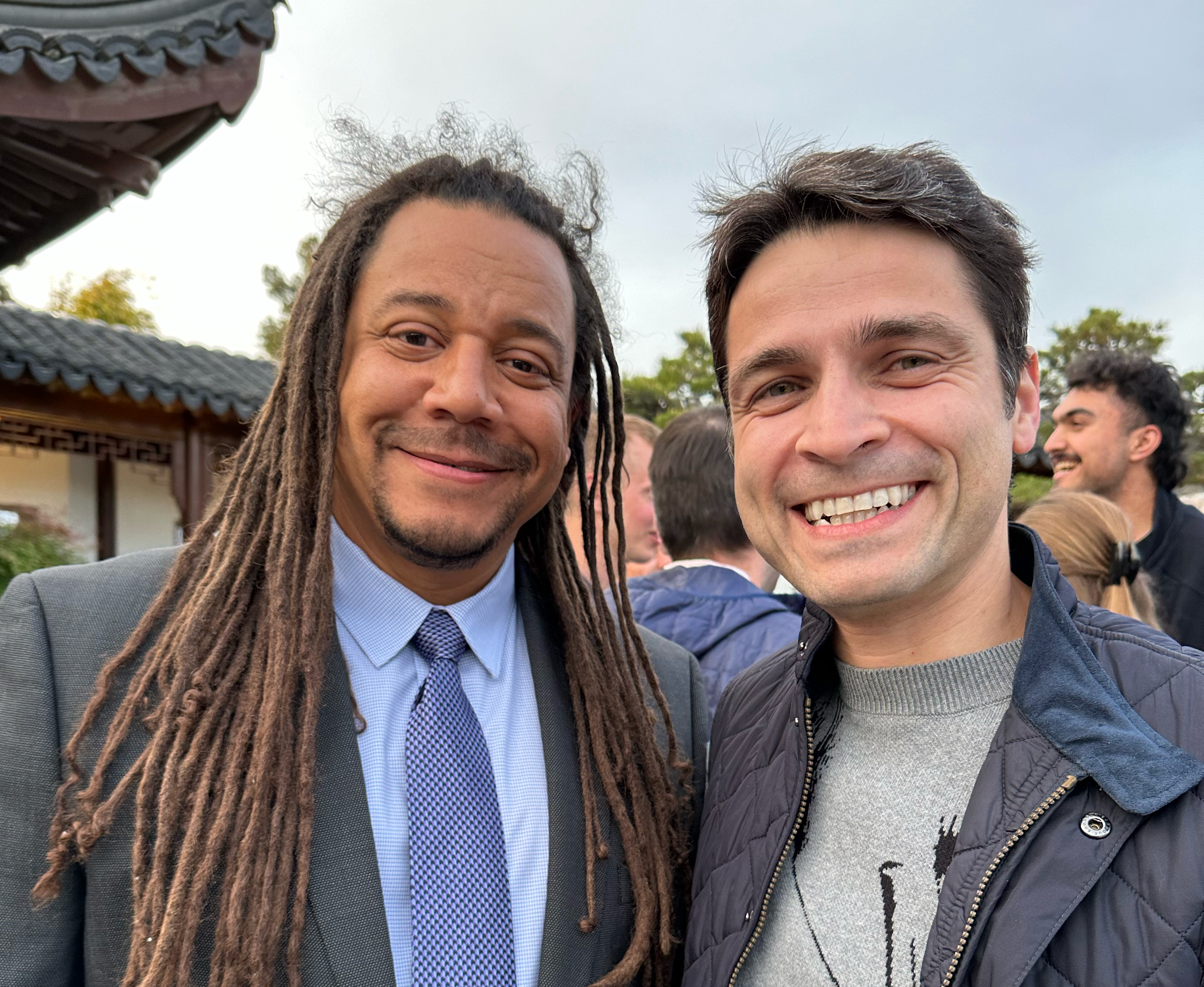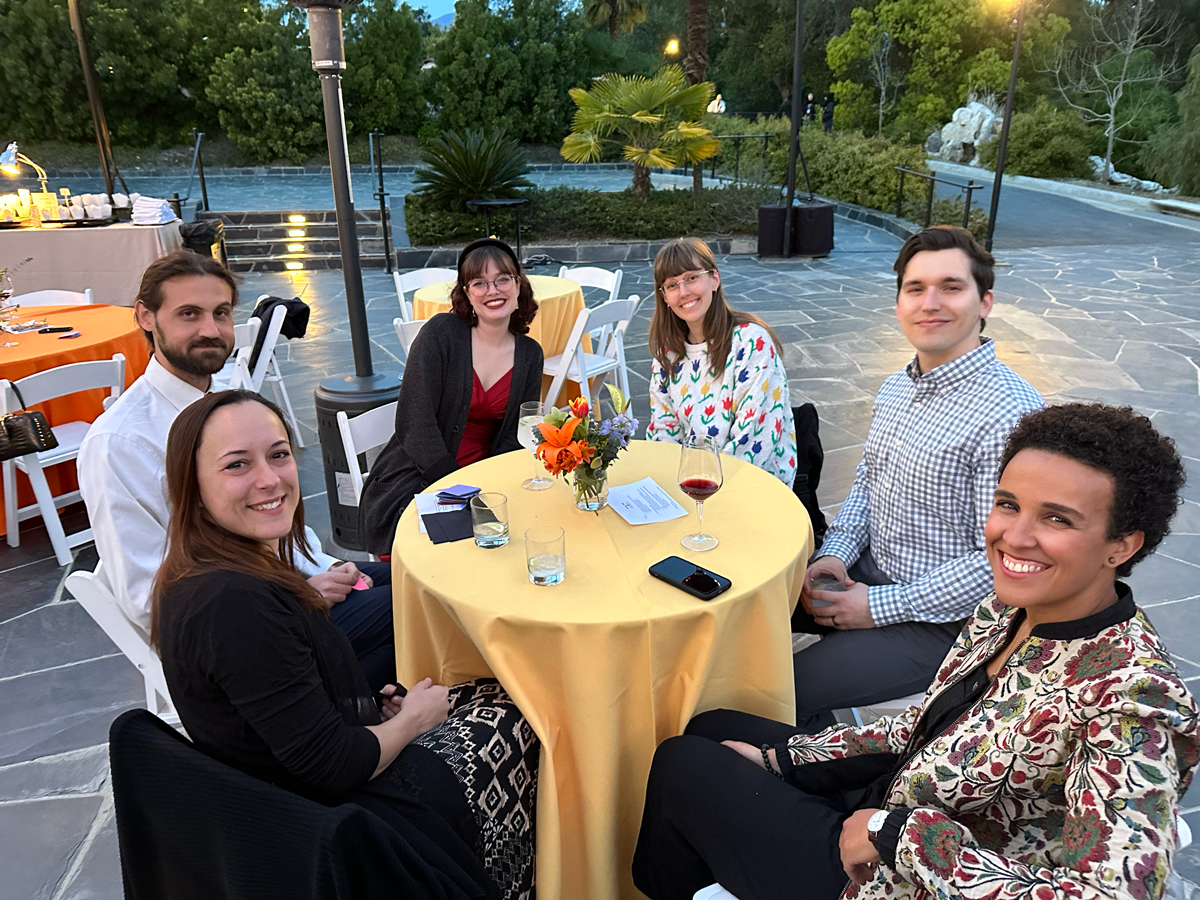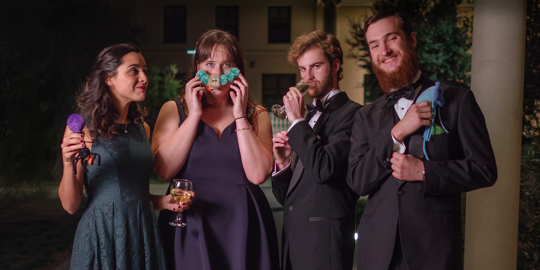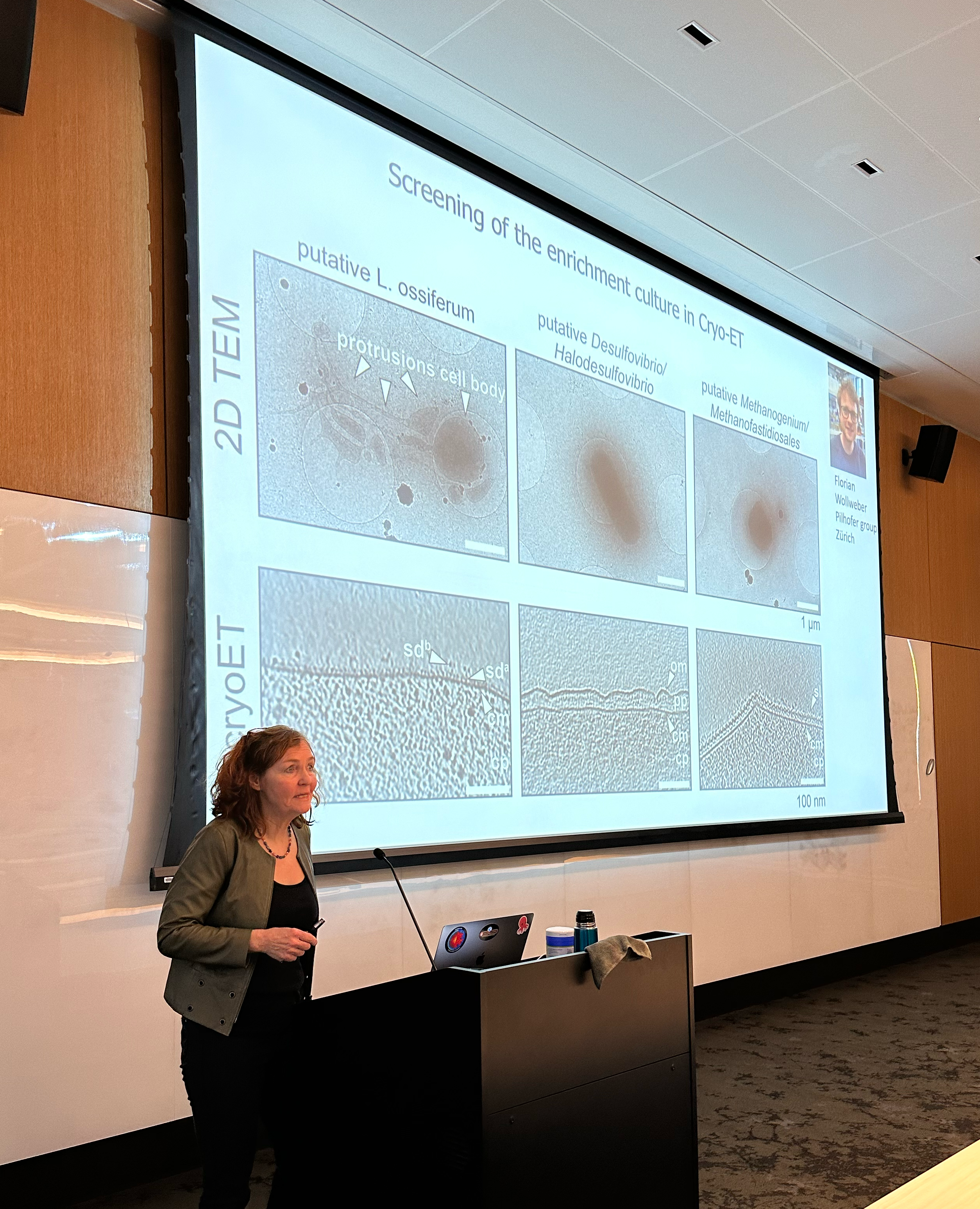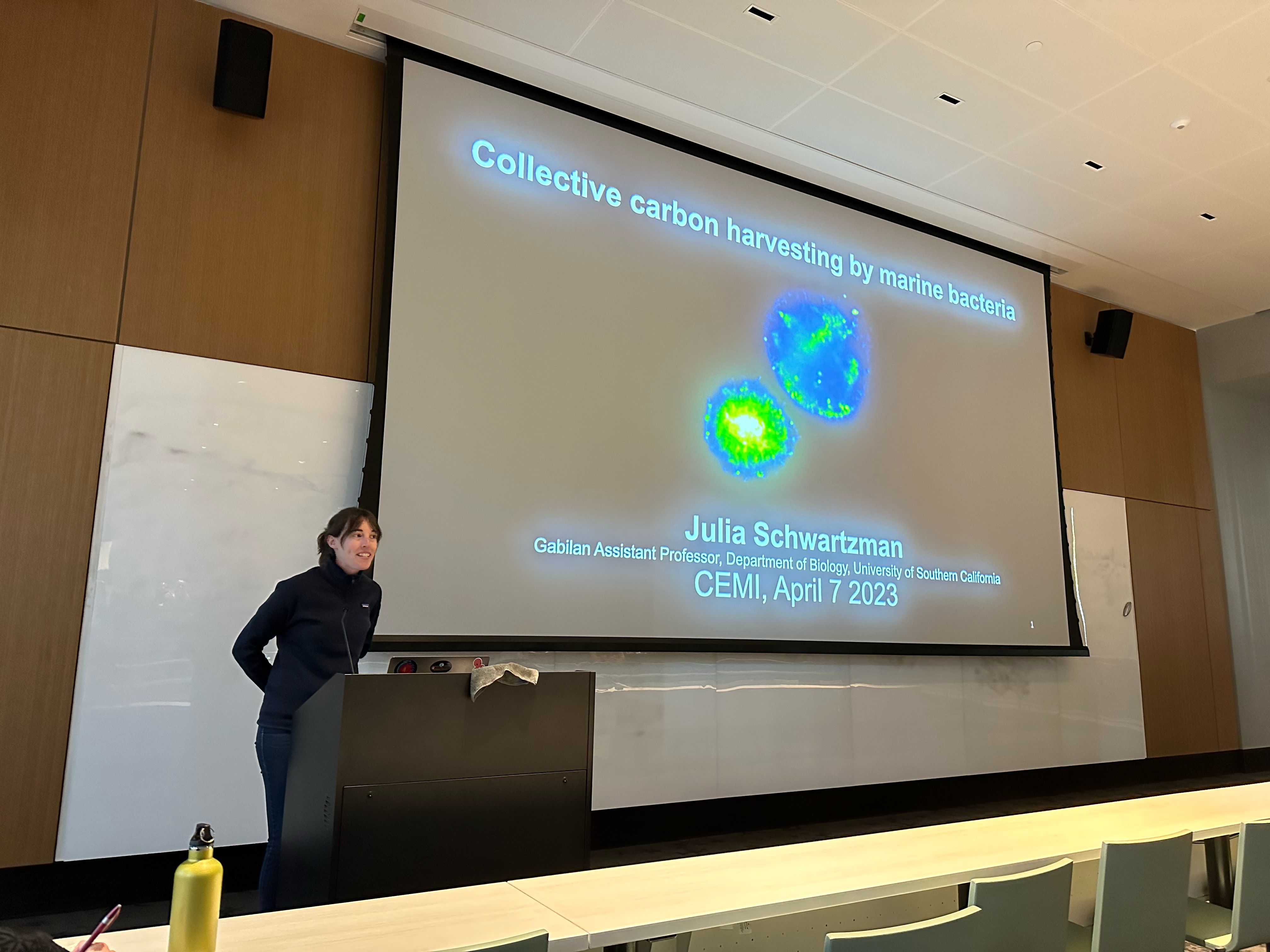Events
CEMINAR
The most important community-oriented activity we sponsor is CEMINAR, formerly MicroMorning, a monthly seminar series where students and postdocs in the CEMI program present their work. Usually 2 individuals present 20-25 min talks (+ 5 min questions) to fill the hour, but on rare occasions we invite an outside speaker. CEMINAR is primarily designed to provide CEMI students and postdocs with an opportunity to practice giving a formal talk to a friendly Caltech audience. Numerous collaborations have been sparked between labs at Caltech thanks to creative connections made during these seminars. View past CEMINARS
CEMINAR talks are non-public events and for the Caltech community, the benefactors of CEMI and invited guests of the CEMI director only.CEMINAR
CEMINAR is on the second Wednesday of every month.
UPCOMING
Wednesday, January 14, 2026, 4:00 pm
4:00-5:00pm Chen 130
5:00-5:30pm Socializing (snacks and drinks will be provided)
"Mapping microbiome—metabolism interactions driving social behaviors in mice"
Danny DumitrescuMazmanian Lab
The gut microbiome regulates immune system development, metabolism, and behavior, yet the mechanisms underlying these effects remain poorly understood. Microbial metabolism represents a key mode of communication within the gut–brain axis. We recently found that increased gut microbial community complexity enhances social behaviors in mice. Here, we combined untargeted metabolomics spanning the gut–brain axis with shotgun metagenomics to analyze germ–free mice and mice colonized with microbiota from laboratory (SPF) or wild-caught (WildR) mice. We identify remodeling of dietary flavonoid metabolism and host sulfation pathways as candidate chemical signaling mechanisms that link microbial community composition to social behaviors.
"A directed evolution campaign for enhanced electron transfer between living cells and electrodes"
Clara SeoManthiram Lab
Microbial fuel cells and microbial electrosynthesis promise sustainable routes to energy and chemical production. However, their performance is limited by slow extracellular electron transfer in electroactive bacteria such as Shewanella oneidensis. Current densities remain far below those required for technoeconomic viability, with evidence identifying the outer-membrane cytochrome MtrC as a kinetic bottleneck. This talk discusses the development of a directed evolution workflow to engineer MtrC for enhanced electron transfer. We combine rational and random mutagenesis using oPools with high-throughput electrochemical screening and low-throughput validation. By engineering scalable, high-resolution platforms, we establish the tools needed to systematically explore protein space, accelerate optimization, and reveal fundamental rate-limiting steps in microbial electrochemistry.
Social Events
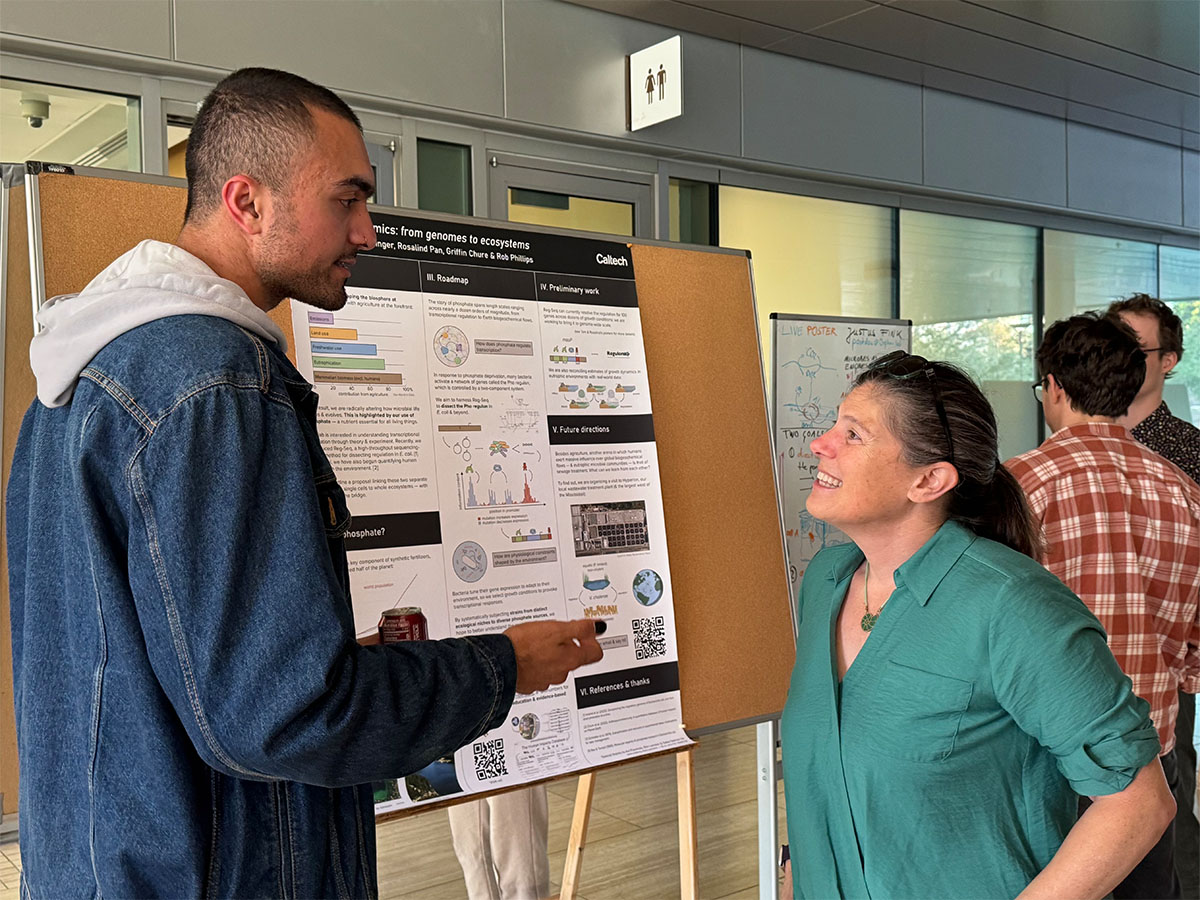
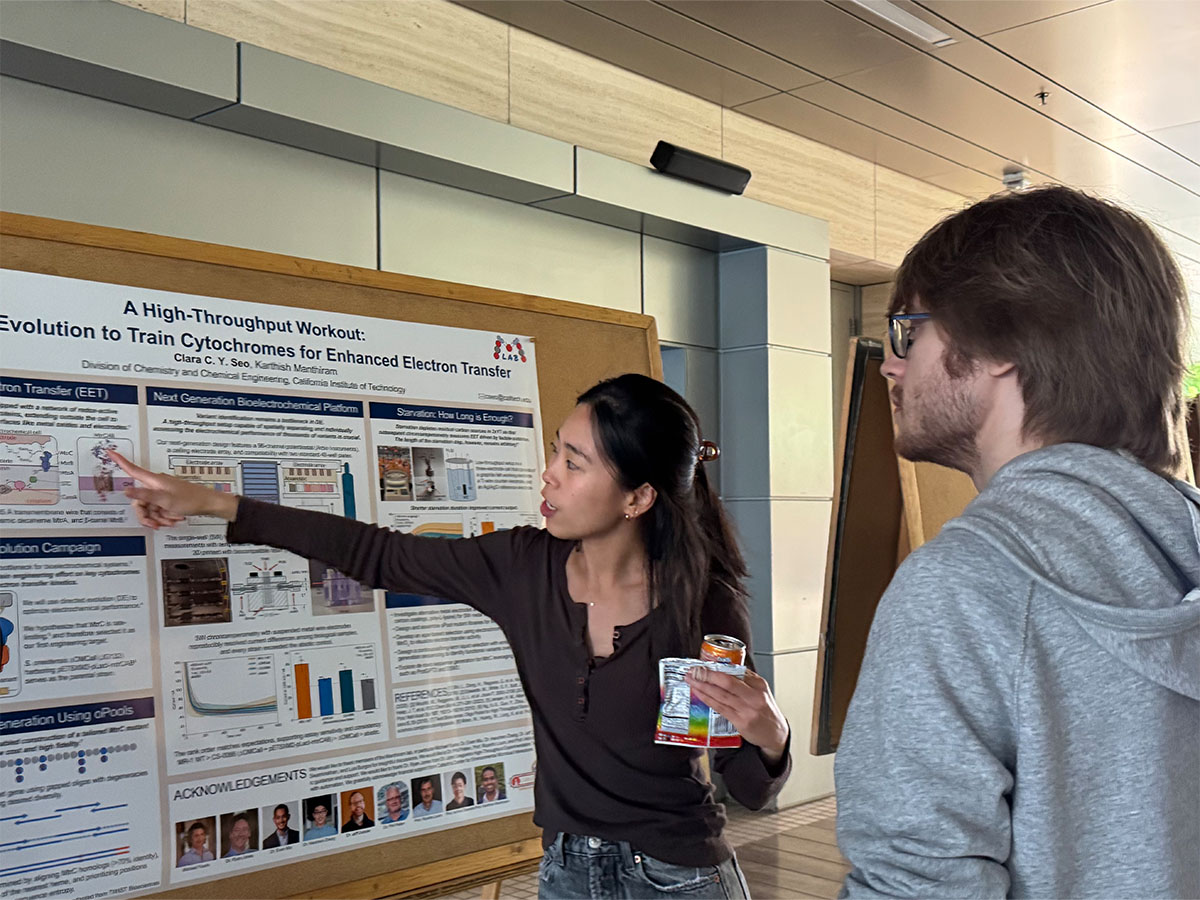
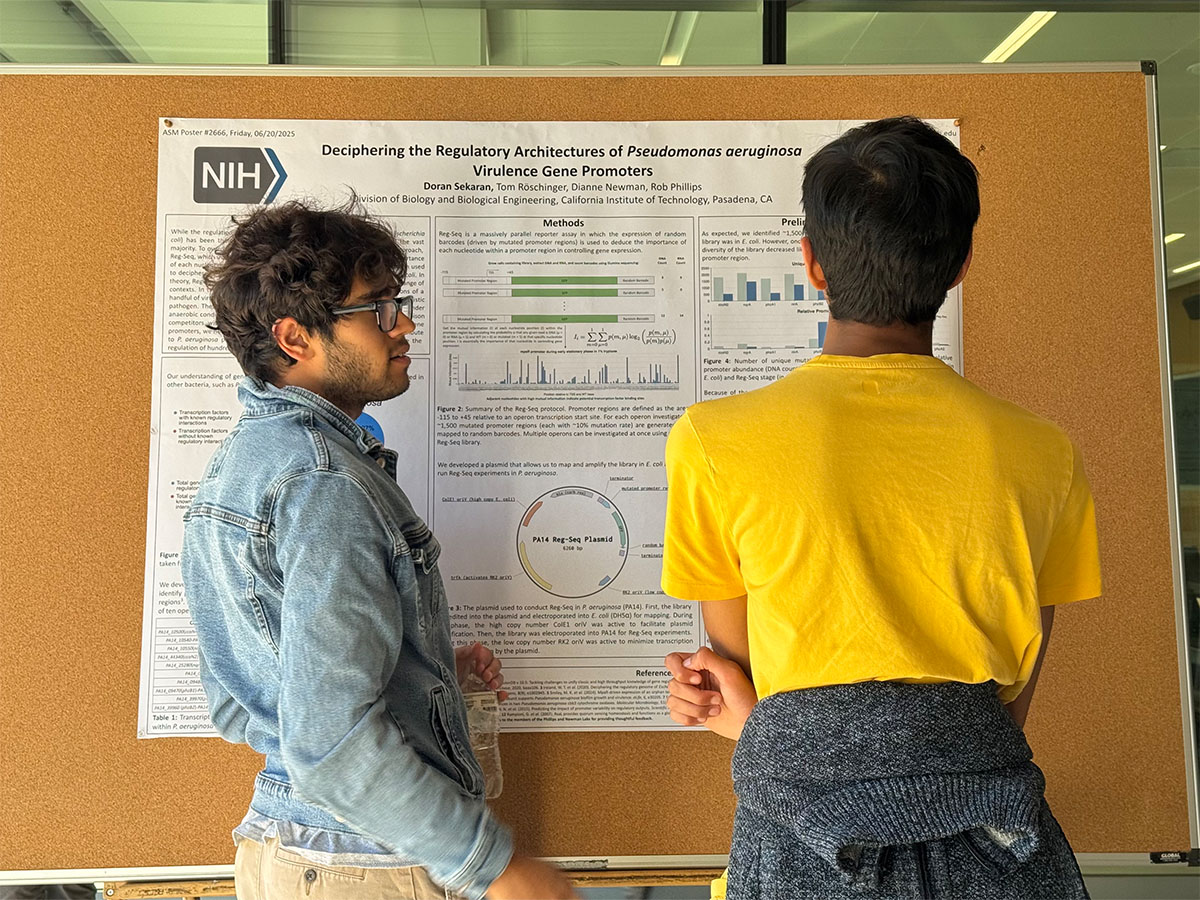
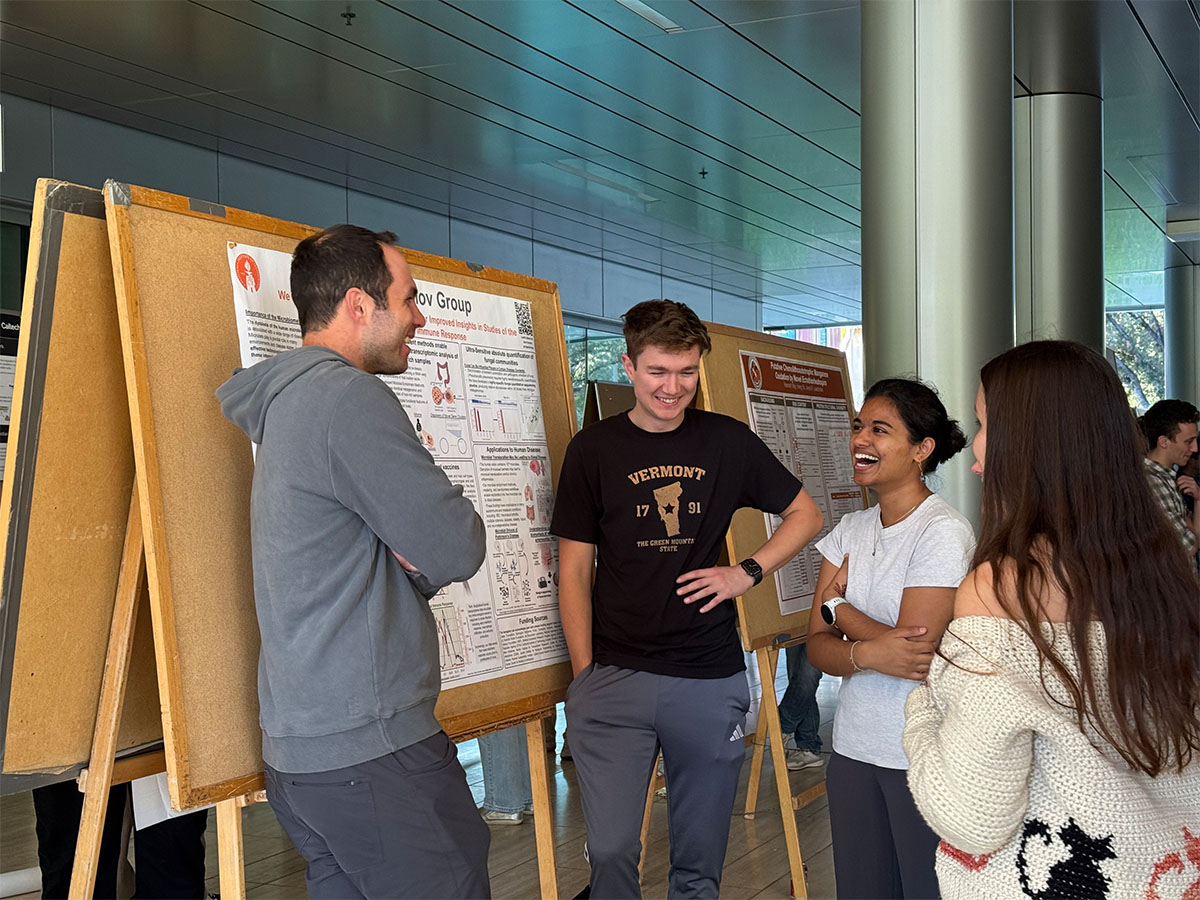
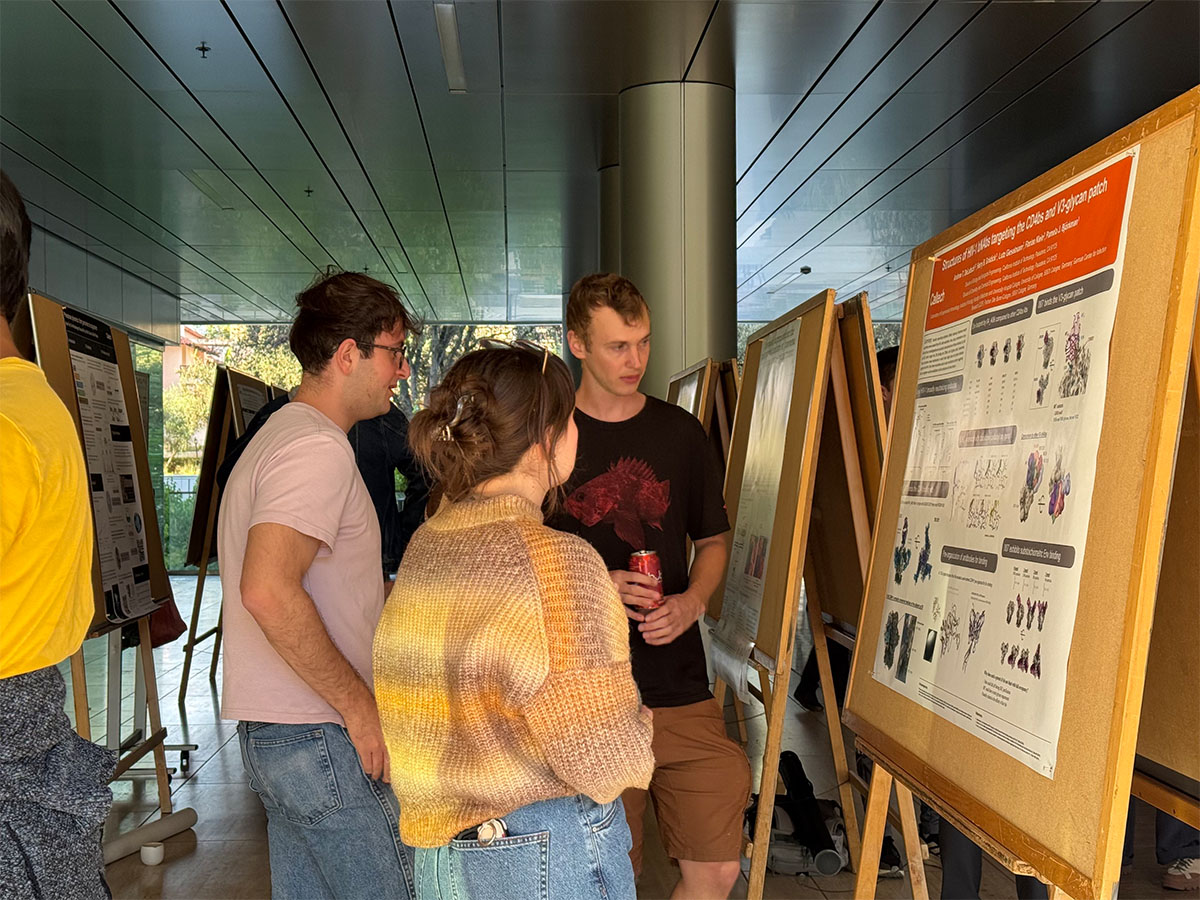
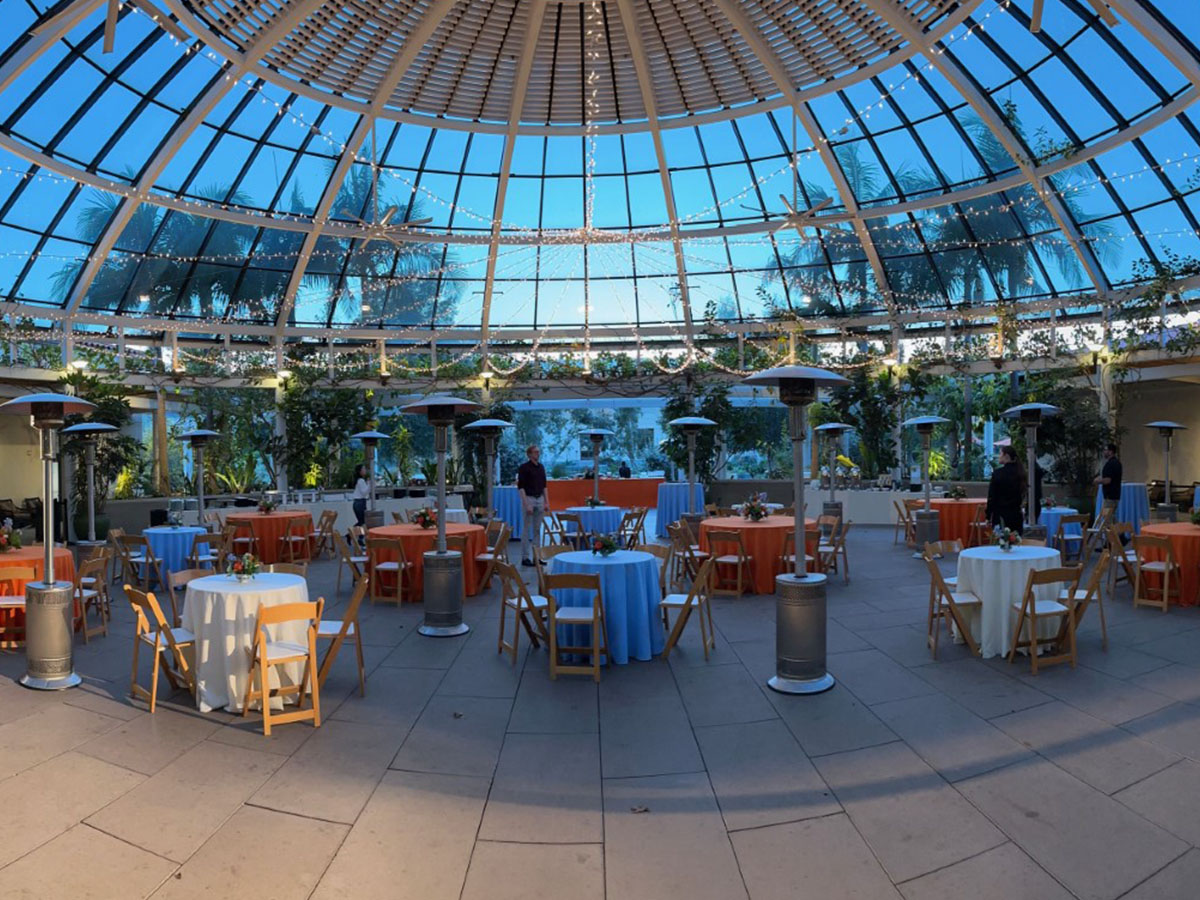
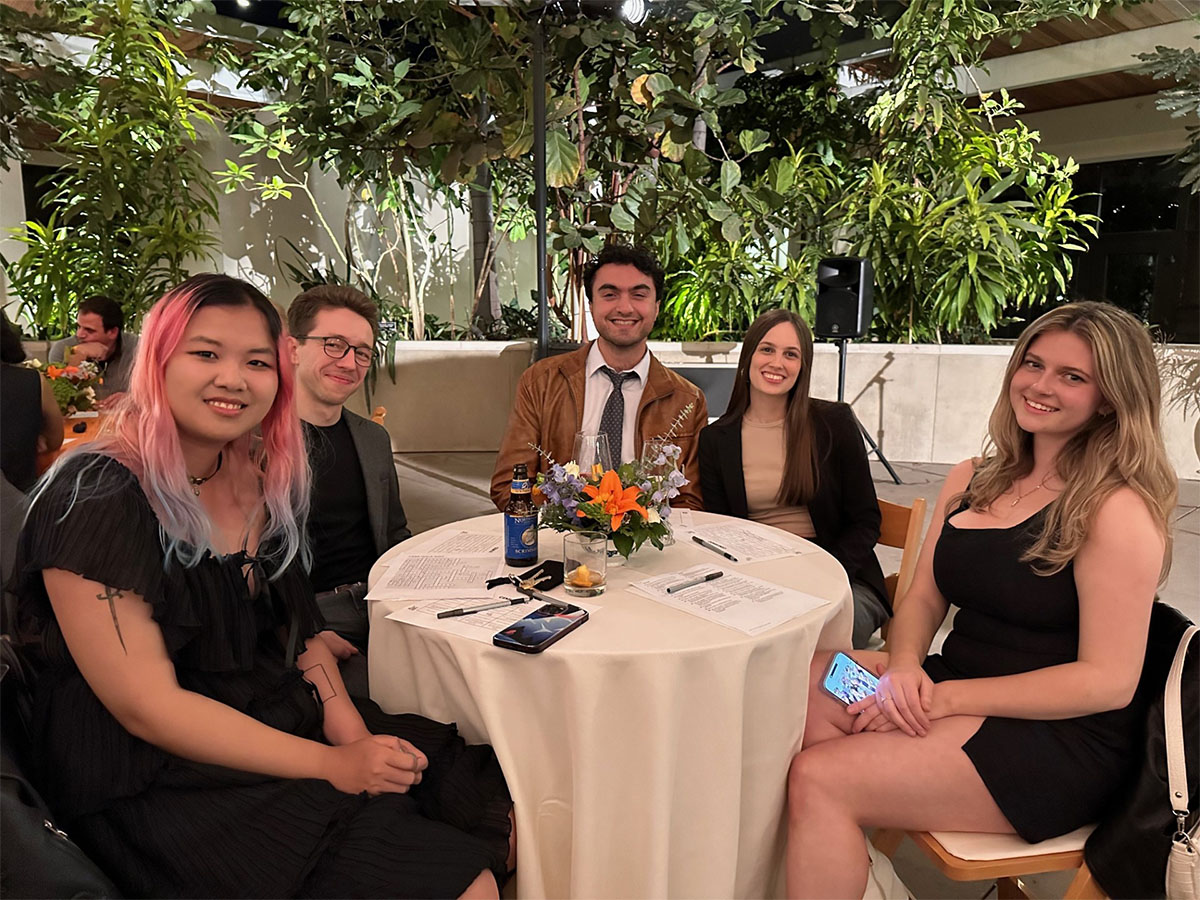
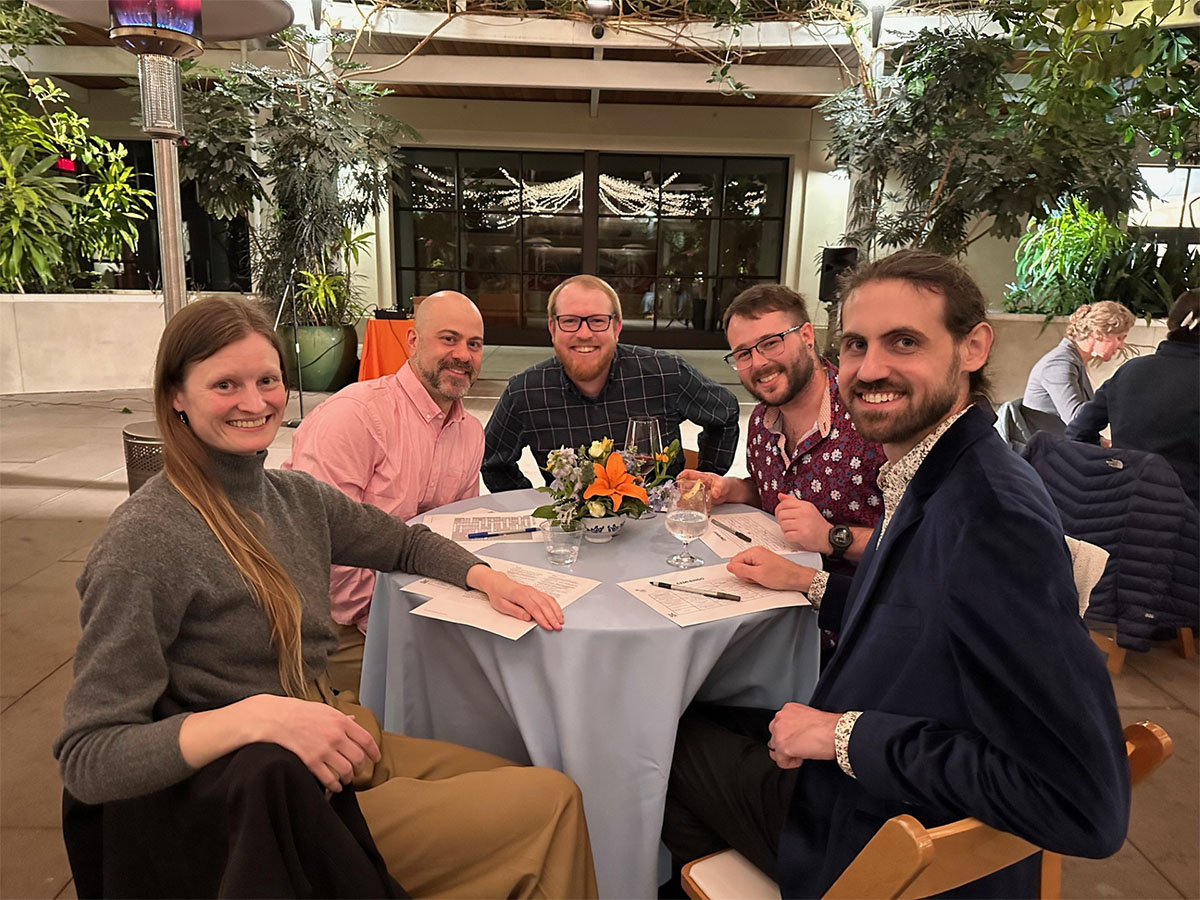
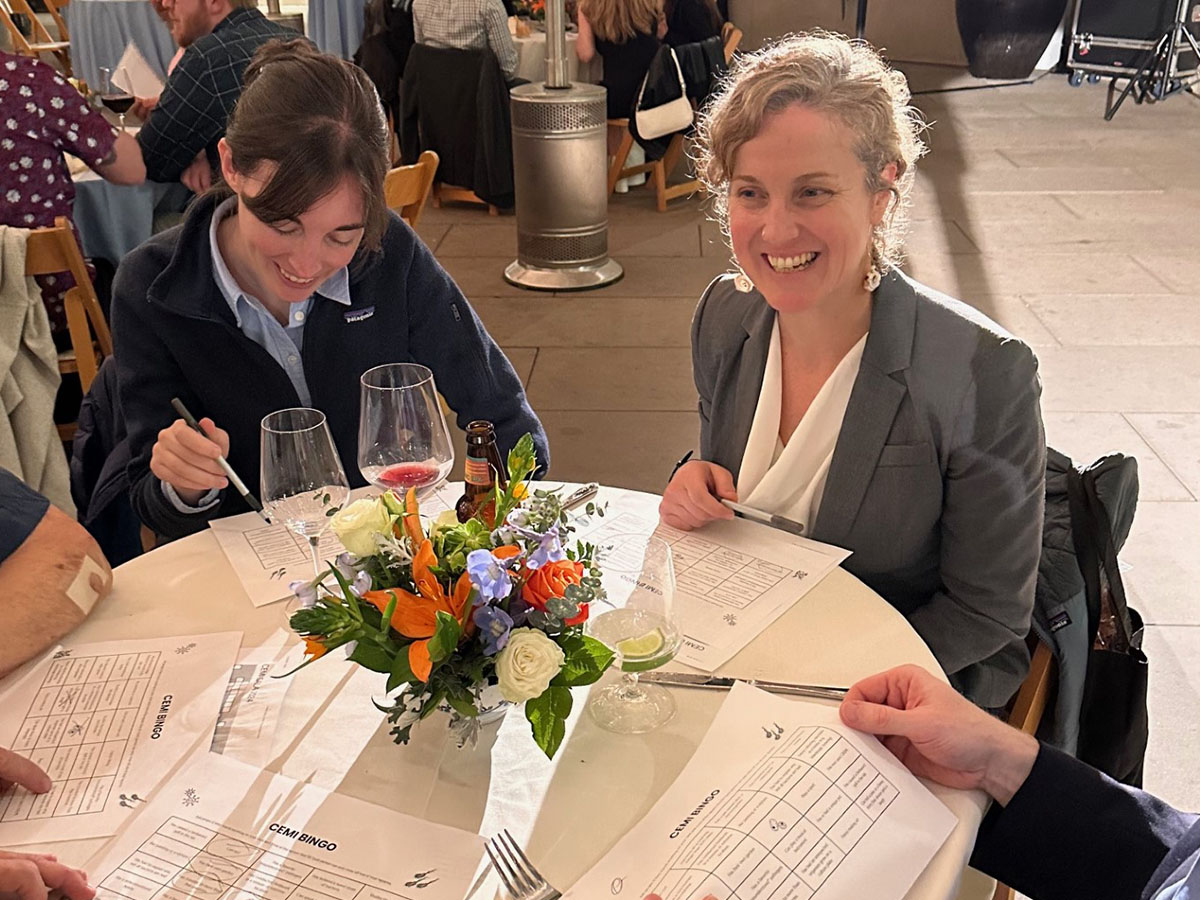
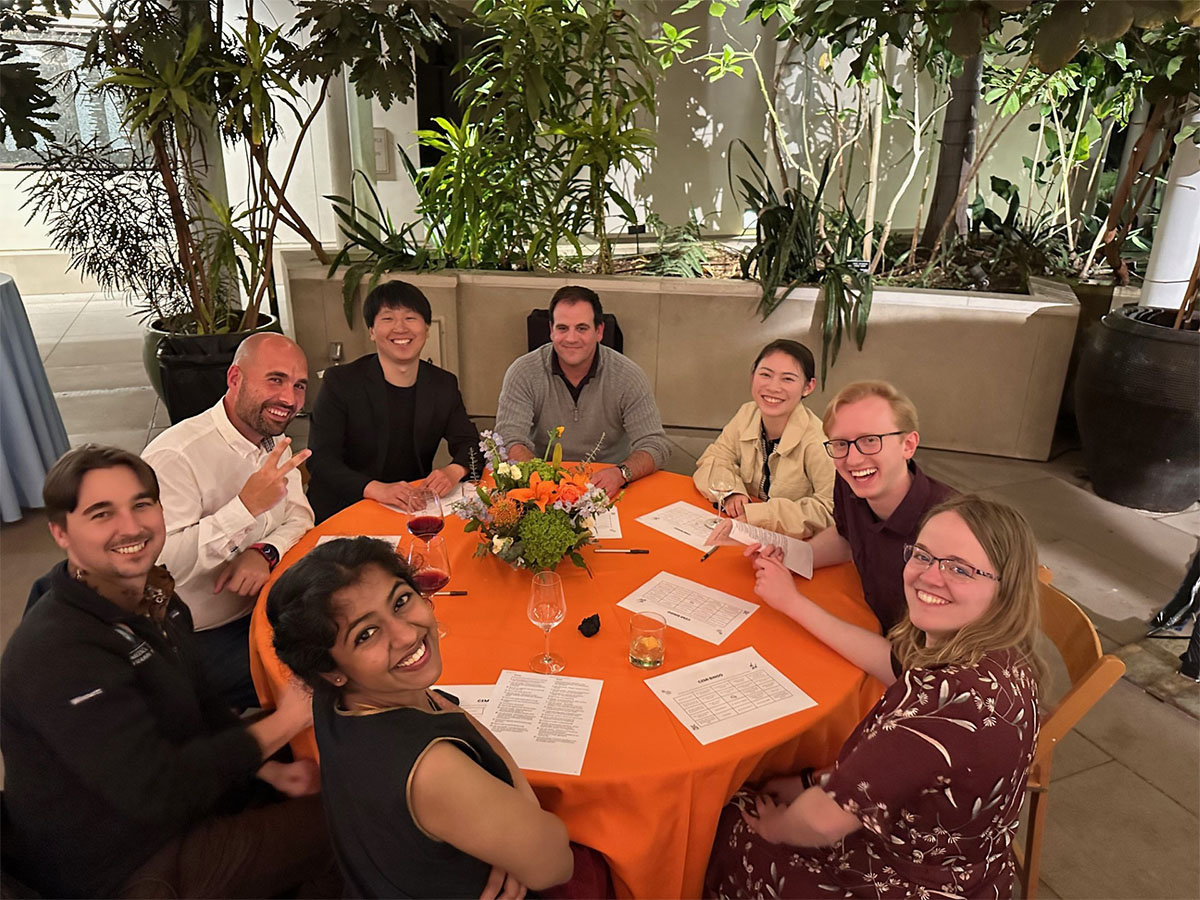
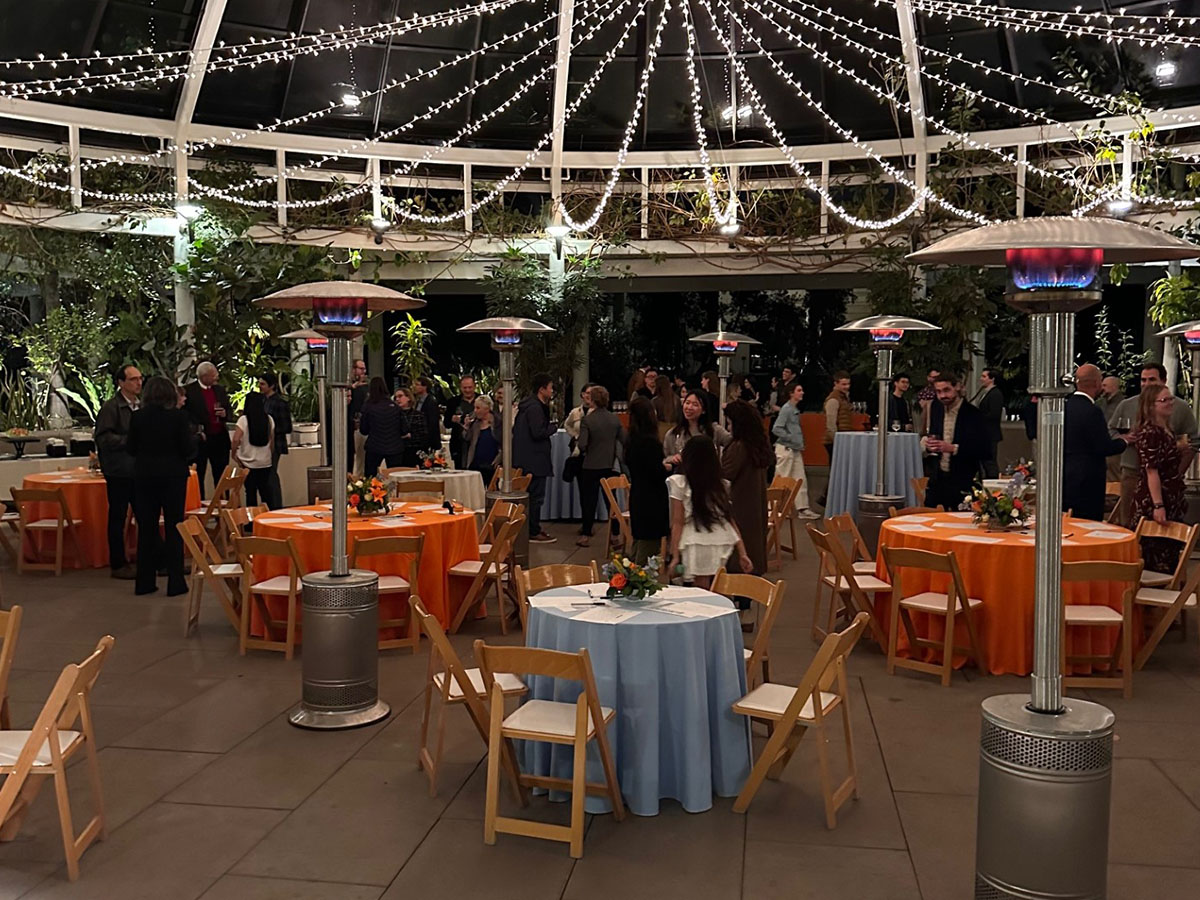
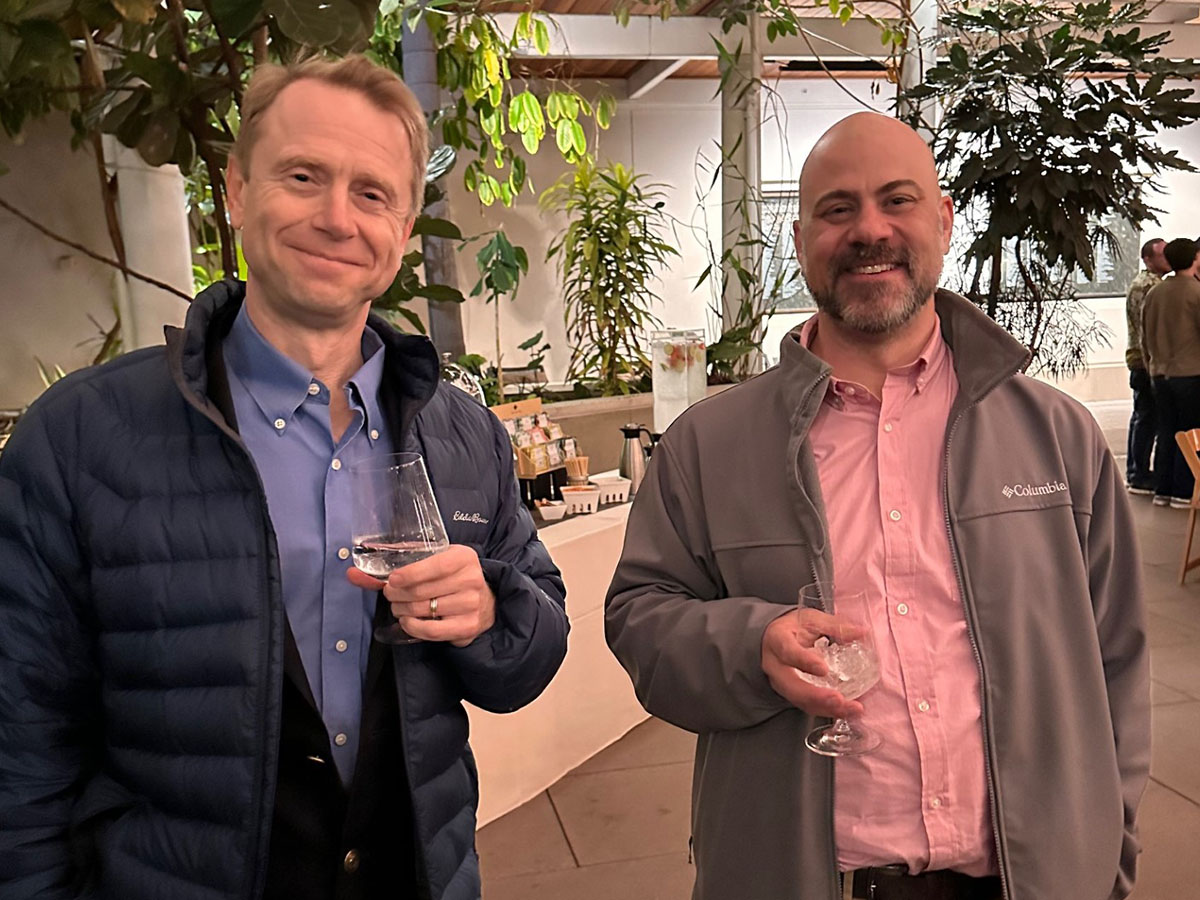
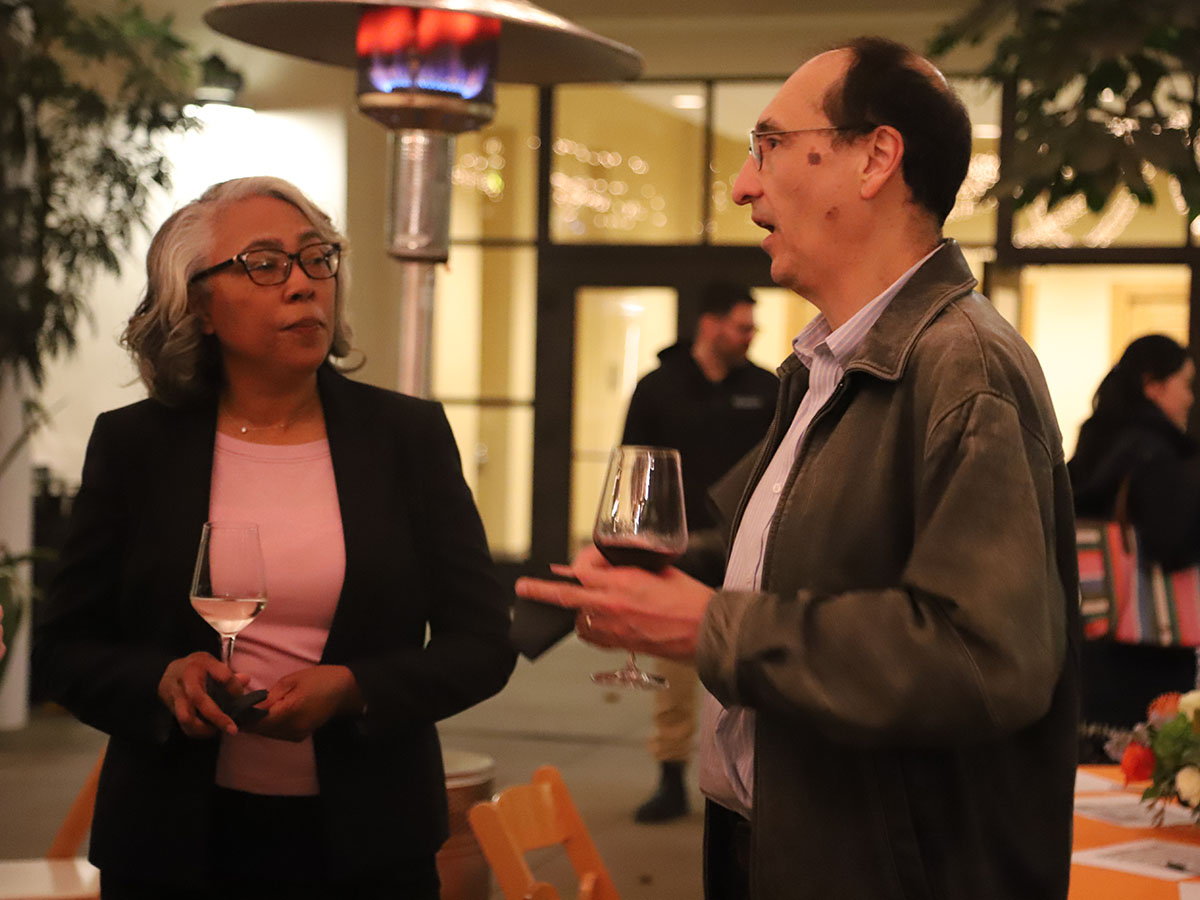
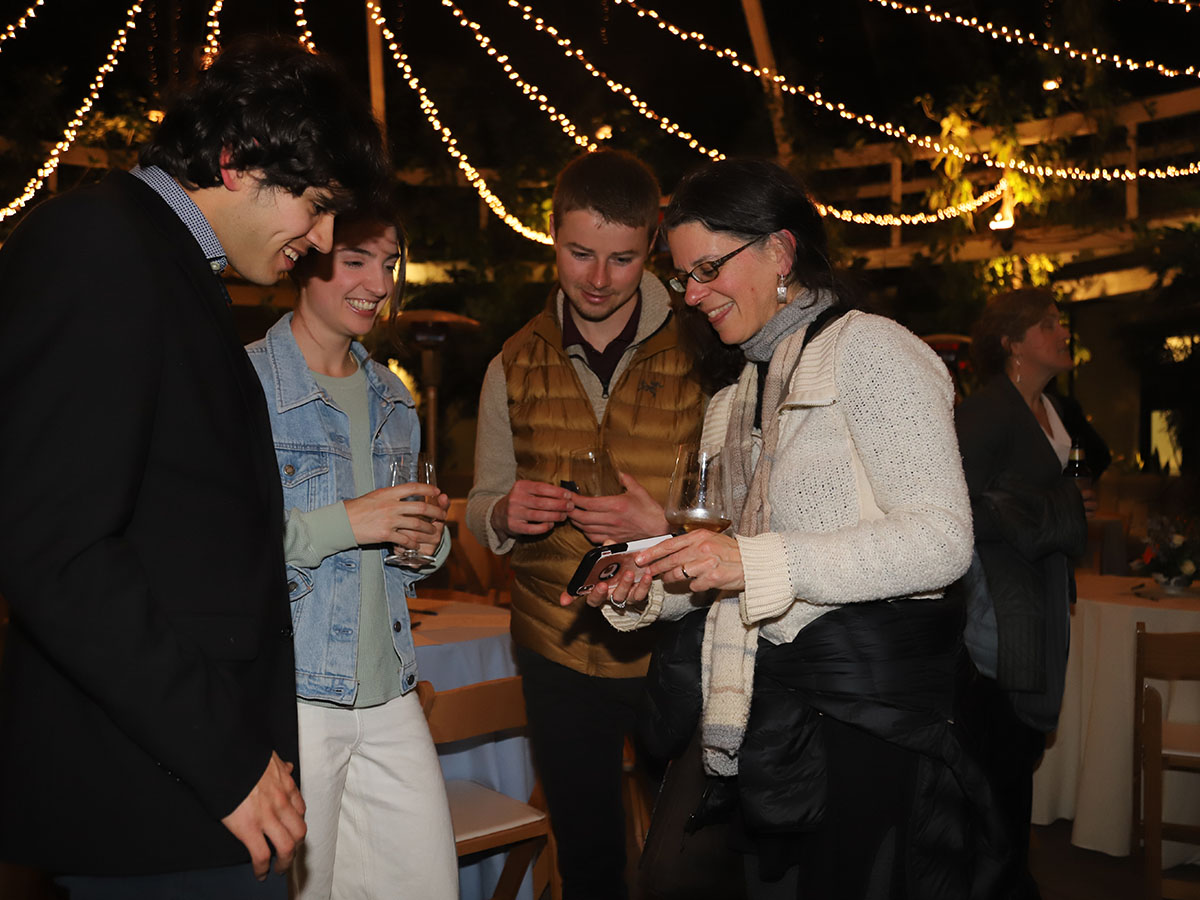
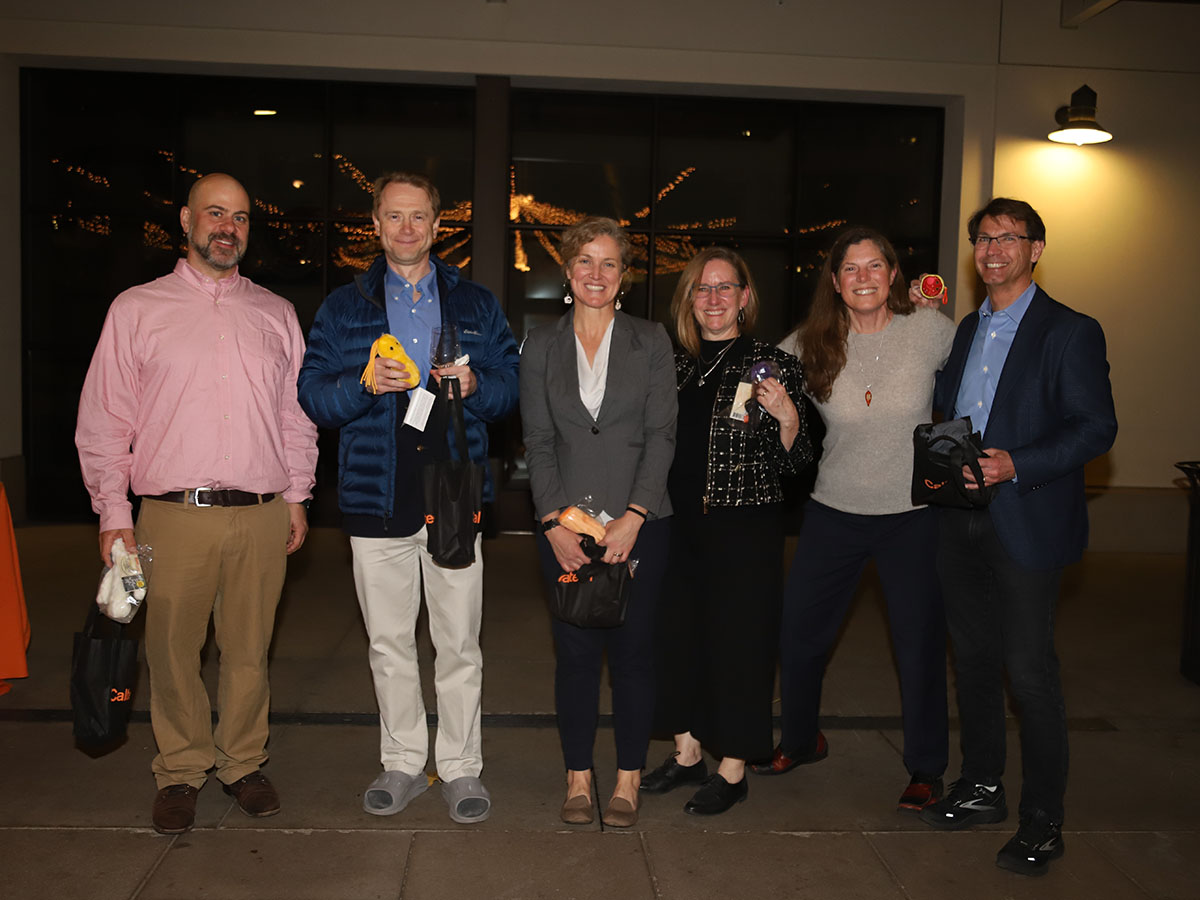
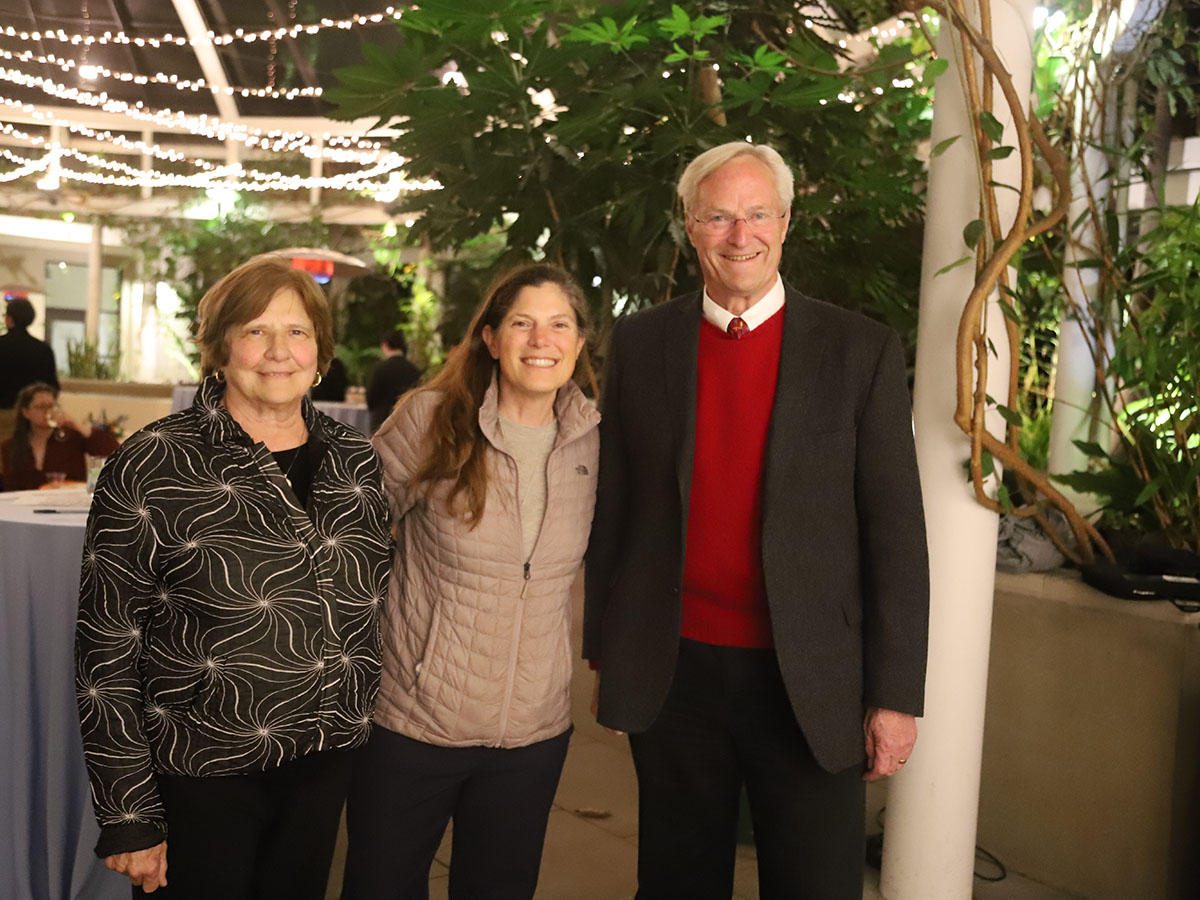
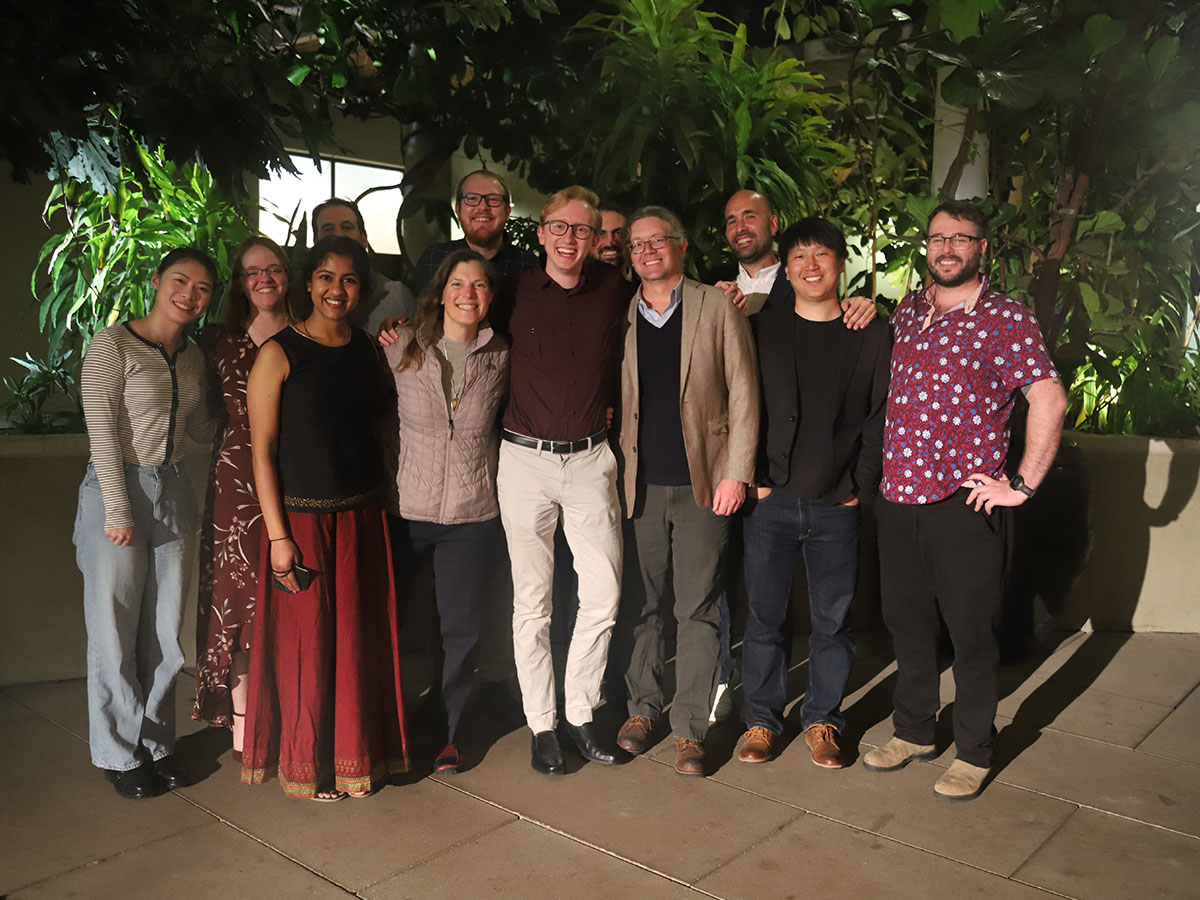
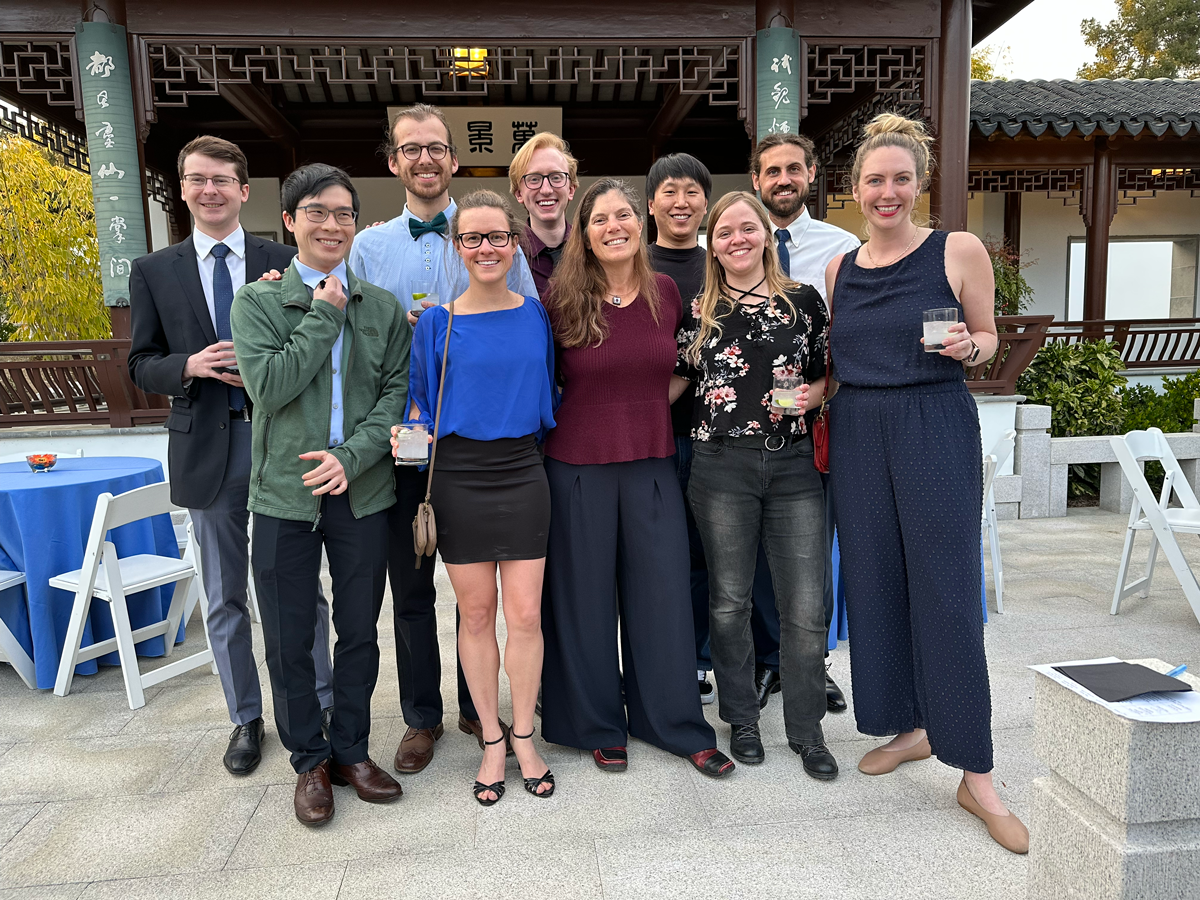
In addition to CEMINAR, CEMI sponsors social events during the academic year:
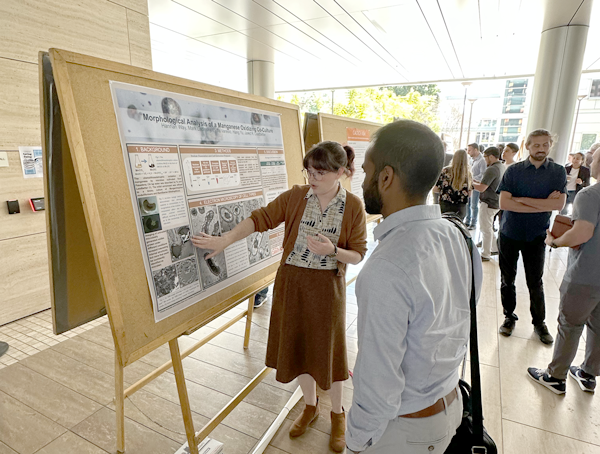
Fall Poster Sessions: All CEMI labs present one or more posters on their lab’s research. This helps incoming/current students and postdocs remain up-to-date on that latest research projects going on across the campus. One attractive feature of Caltech is that students admitted in any graduate program are welcome to rotate in any lab (as long as the lab is taking students), so this poster session can open up new interests and areas for exploration. It also can spawn new collaborations between labs.
Spring Lectures and Evening Gala: To celebrate the start of the calendar year, we invite a keynote speaker from outside Caltech to give a seminar, plus a few shorter talks by assistant professors or postdocs at Caltech and other local universities. These “Spring Lectures” are open to anyone interested. As a companion event, we hold a formal gathering for a limited number of CEMI sponsors, faculty, and students and postdocs currently being supported by CEMI grants. The evening’s entertainment is organized by a different CEMI lab each year, and the evening culminates with a presentation of the “CEMI Oscars” (we are close to Hollywood, after all…), roasting CEMI members for notable achievements in the past year, all in good fun. View past lectures
Spring Happy Hour: In recognition of the fact that sometimes the most inspired ideas come when we least expect them, we promote casual conversation between all members of the CEMI community supplemented with drinks and food at the start of the spring term (no posters required!).
CEMI Spring Celebration of Science: This hour-long science program featured short lightning talks from CEMI graduate students and postdocs followed by time to talk with the speakers and socialize with our CEMI colleagues. The inaugural event was held on May 12, 2021.
Workshops
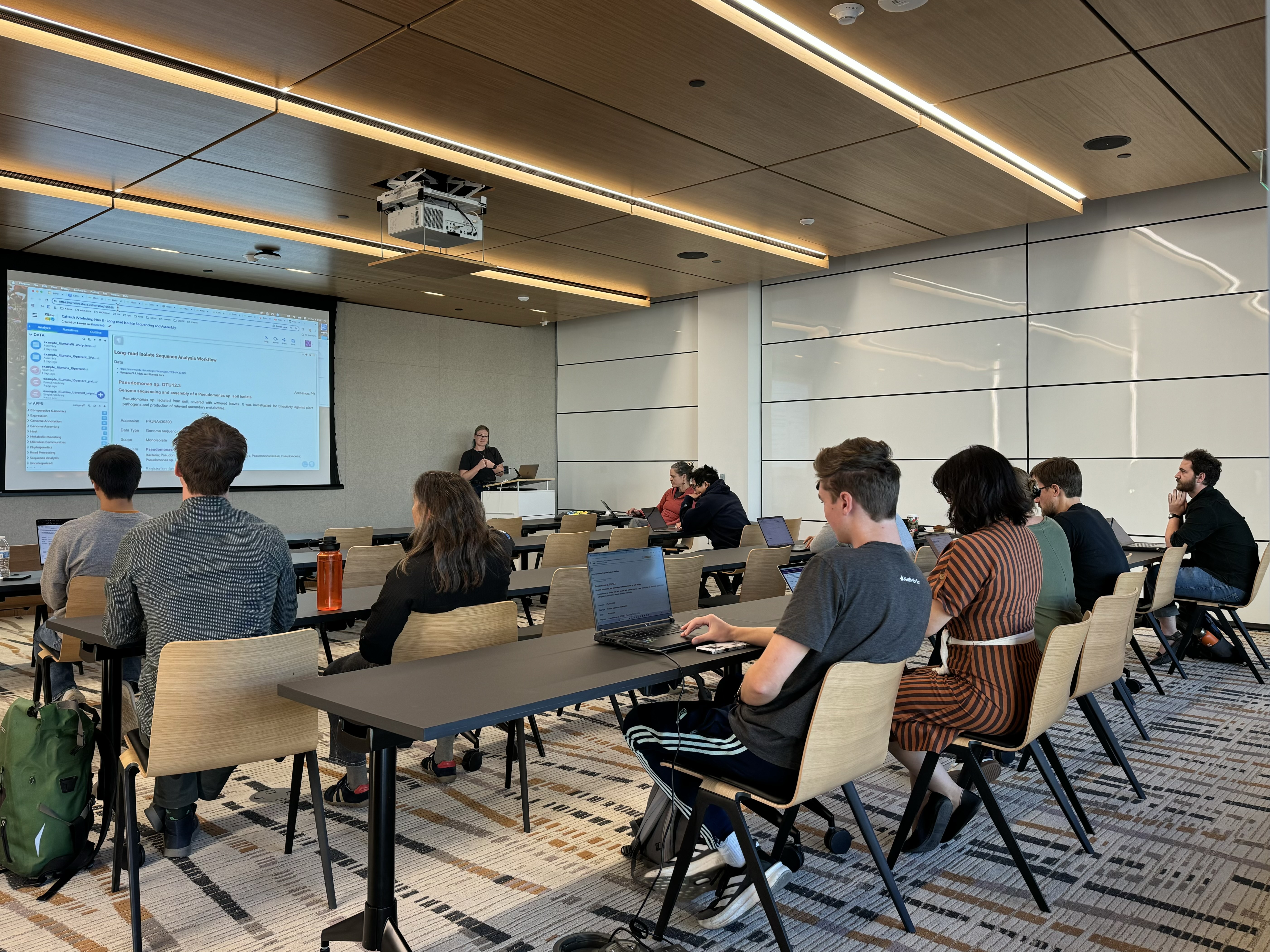
CEMI occasionally supports training courses at Caltech that provide members of the CEMI community with an opportunity for intensive training in a particular area. Any member of the CEMI community is welcome to suggest a topic for a workshop. Please contact the CEMI administrator if you have an idea. View past workshops

